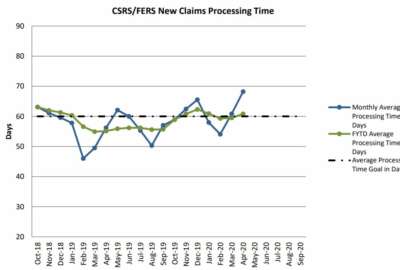

Do you find yourself wistfully looking back to the good old days of 2008-09? If so, welcome to what may be a fast-growing club.
Do you find yourself wistfully looking back to the good old days of 2008-09? If so, welcome to what may be a fast-growing club.
We’re talking about what is now known as the Great Recession, the worst economic hit the country had taken in most people’s lifetime. This was when the country temporarily went to hell. Except that people weren’t quarantined at home to stop the spread of what, potentially, may be one of the deadliest killers in a long, long time.
The Recession was a terrible time — until now, anyhow. Many people lost their jobs and homes. Many people who didn’t took pay cuts ranging from 5% to 25% so they could hold on to their jobs. Banks that caused many of the economic problems got bailed out. There were no $1,200 rebate checks to individuals with adjusted gross incomes of $75,000 or less. And, of course, there was no coronavirus which could turn out to be one of the most deadly pandemics ever.
Investors, like feds in the Thrift Savings Plan, who stuck with its stock-indexed funds, took a big hit during the Recession. But many bought and continued to buy more shares at bargain basement prices. Over the 11-year-period — officially from March 9, 2009 — the market with the usual ups and downs took off. Though “corrections” are a regular part of the stock market, there was not a major correction of 20% or more for 11 years. It was the longest bull market in US stock market history.
Comparing the then and now picture prompted a long-time reader, going by E.W., Retired in Kentucky, to produce the following historical document which he sent in October 2008. It was in reaction to a column written then about what we called the Great Recession:
“Many years ago, during another economic and financial calamity, I sent you the following observation, which you graciously published in your column (and caused a near panic among the federal worker community). Fast forward 12 years later, and we are in the throes of another economic and financial calamity, compounded by uncertainty over the course and direction of this pandemic. Our social safety nets remain heavily frayed from decades of reduced government contributions and increased time-in-service requirements. For many federal workers, and a majority of private sector workers, retirement is a mirage — that pool of water on a hot summer highway to prosperity evaporates just as you approach your destination. Just because you can retire doesn’t mean you can afford to retire, so the [work until you die] retirement is increasingly a default option for many workers.
“Full disclosure: I retired under the Civil Service Retirement System in 2013, and have not looked back. Now this is what I wrote you in October 2008:
New retirement plan?
“Mike, have you been sleeping at the wheel? Buried in a footnote on page 3568 of the recently enacted Wall Street bailout, which was part of a last minute amendment to the bill that ensured agricultural marketing subsidies for American products sold to Uzbekistan (passed at 3:15 a.m.), was the establishment of the new retirement system that will supplant Social Security, CSRS, [the Federal Employees Retirement System], 401(k)s, IRAs, and TSP. Known by its acronym, WUYD, the new Work Until You Die retirement system (try humming this to the tune of ‘Whistle While You Work’) will guarantee wages and health insurance for everyone who makes it to the finish line. So far, the $750 billion bailout seems to be having its intended effect: The market has lost several trillion in value since its enactment, and workers everywhere are adjusting their retirement planning accordingly.”
Everything is relative, right?
By Amelia Brust
Emus can’t walk backwards because their legs don’t bend properly for it.
Source: The Culture Trip
Copyright © 2025 Federal News Network. All rights reserved. This website is not intended for users located within the European Economic Area.
Mike Causey is senior correspondent for Federal News Network and writes his daily Federal Report column on federal employees’ pay, benefits and retirement.
Follow @mcauseyWFED

